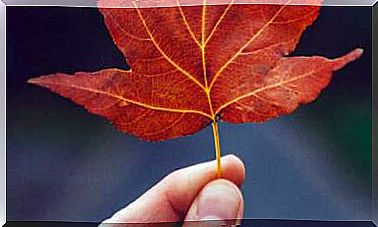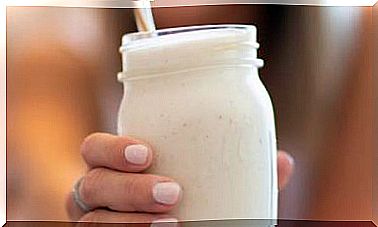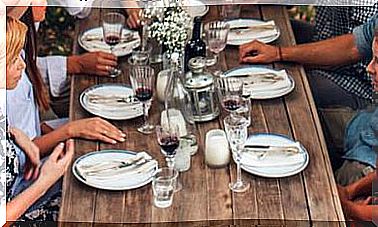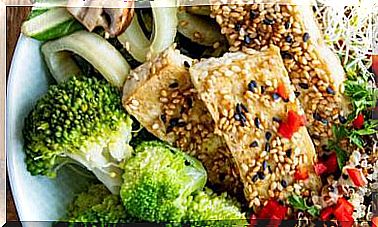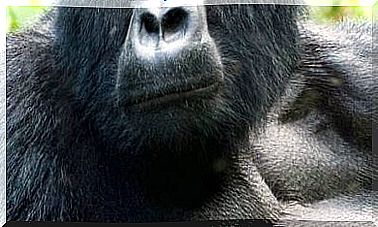A Promising Plant For The Treatment Of Breast Cancer
“Arabidopsis thaliana” is not a well known medicinal plant but it has shown its ability to kill cancer cells in in vitro tests.
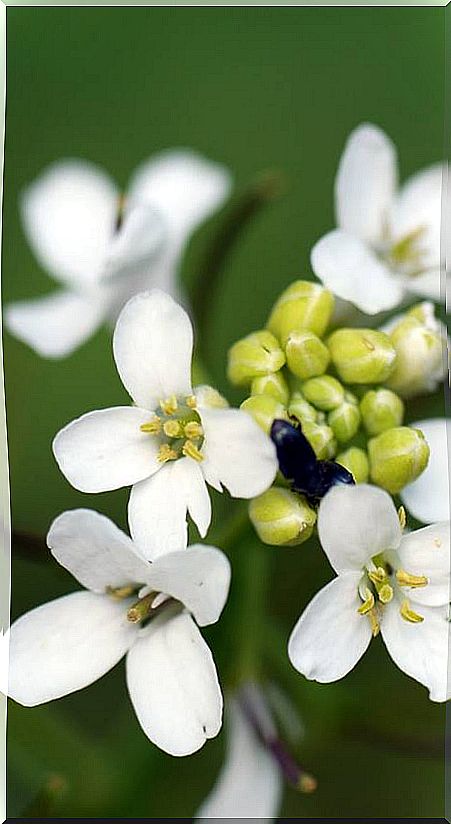
The Arabidopsis thaliana is not one of the most popular medicinal plants (in fact, could be described as a “Cinderella” of herbal medicine). In herbal medicine books there is only some reference to its use to treat canker sores. However, according to researchers at the University of London, this humble plant contains effective active ingredients for the treatment of breast cancer.
An “amazing impact” of the plant on breast cancer
The researchers, led by the doctor in Biology and professor Alessandra Devoto, have discovered that the extract of the leaves, stimulated with the plant hormone jasmonate, from jasmine, are able to stop the growth of breast cancer cells in laboratory cultures without damaging healthy cells. Brunel University of London and University of Exeter participated in the study.
The authors of the work, published in the journal New Phytologist, have not been able to determine how the plant acts against cancer cells. They assume that the active agents are indoles, quinquines and cis-12-oxophytodienoic acid, acting in synergy, but they hope to find out more details and that a treatment against breast cancer can be developed with faster and less toxic effects than current chemotherapy .
On the other hand, research with Arabidopsis thaliana has discovered molecular mechanisms associated with changes in breast cancer cells that could allow the development of new additional treatments.
The research began in 2006 and its findings are so important that Dr. Devoto couldn’t help but be thrilled “by the discovery of the astonishing impact this unassuming plant has on breast cancer cells. It just goes to show that even plants without a medicinal pedigree may work for cancer treatment. ” “The discovery has important implications in the development of treatments for cancer and other diseases,” he concludes.
The research has been carried out in test tubes. In future studies, it will be necessary to determine which are the active principles that are present in the leaves and that fight cancer cells. The next steps will be to concentrate these active ingredients in the right dose to achieve an effective treatment without intolerable side effects, and then to test it first in animals and then in people.
The “Arabidopsis thaliana” is an essential plant for science
Interestingly, the plant that stars in the find is known by scientists for being the main laboratory model for studies of molecular biology, plant genetics and physiology.
It was chosen for this function because its genome is very small and its life cycle is short, which greatly facilitates its use in studies. The work carried out on Arabidpsis has made it possible to deepen our understanding of flowering systems, root growth, photorespiration, and cell membrane synthesis, among many others.
Arabidopsis has another honor: it was the first plant to reproduce in space, inside the Russian Mir space station in 1997. Other specimens are currently living on the International Space Station to study genetic activation in weightless conditions. , and on the far side of the moon, aboard the Chinese module Chang’e-4.
This laboratory plant is found in the wild on all continents. In the Iberian Peninsula it is easy to find it in coastal areas, very close to the sea, as it is adapted to survival in saline and dry soils where other plants cannot live.
Scientific references:
- Alessandra Devoto. Jasmonates induces Arabidopsis bioactivities selectively inhibiting the growth of breast cancer cells through CDC6 and mTOR. New Phytologist.
- Alessandra Devoto. Jasmonate signaling network in Arabidopsis thaliana: crucial regulatory nodes and new physiological scenarios. New Phytologist.
- Detlef Weigel et al. The Impact of Arabidopsis on Human Health: Diversifying Our Portfolio. Cell.
